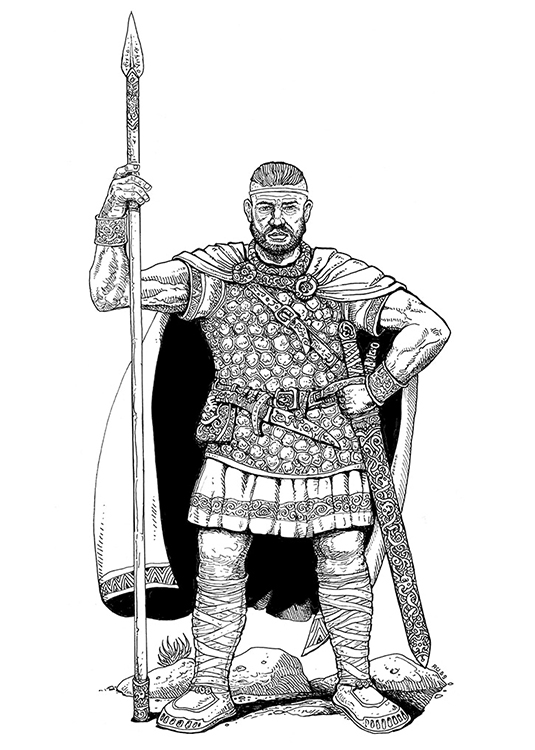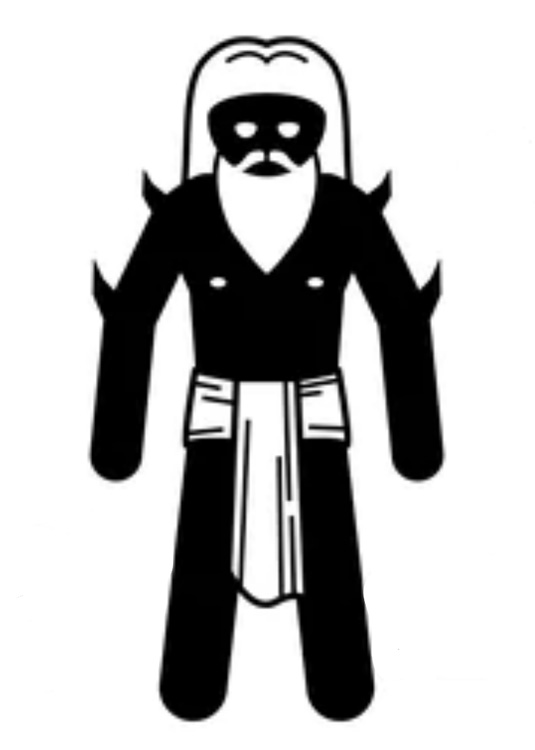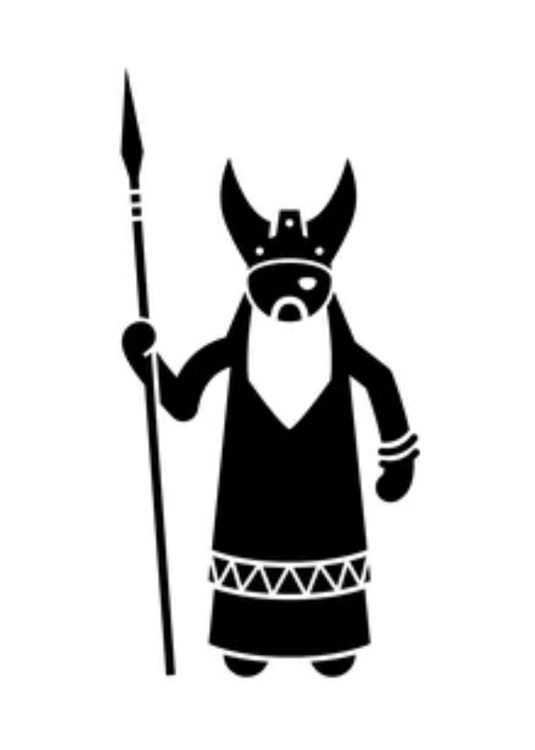Norse Paganism refers to the beliefs and traditions of people from Scandinavia: Iceland, Norway, Sweden, and Denmark.
Background
Norse Paganism refers to the beliefs and customs of Germanic people from the area known as Scandinavia. The Norse (or Vikings in some traditions) are said to have occupied northern Europe between 200-700 CE before spreading to Great Britain, Iceland, and other neighboring areas of Europe. As David Leeming writes:
"Germanic speaking Norse
people lived in Scandinavia and parts
of Northern Europe between 200 and
700 C.E. After 700 C.E., when they began
raiding and settling in Britain, Iceland,
Greenland and elsewhere, they are generally
referred to as Vikings, who came
to prominence in the 9th and 10th centuries.
Different versions and outgrowths
of their myths spread into the counties
they inhabited, especially, for example,
Britain and Germany."
When speaking of Norse traditions, however, it is important to remember that the time period matters. For example, Anglo-Saxon traditions and myths, like Beowulf, are intimately tied to Norse tradition.
















